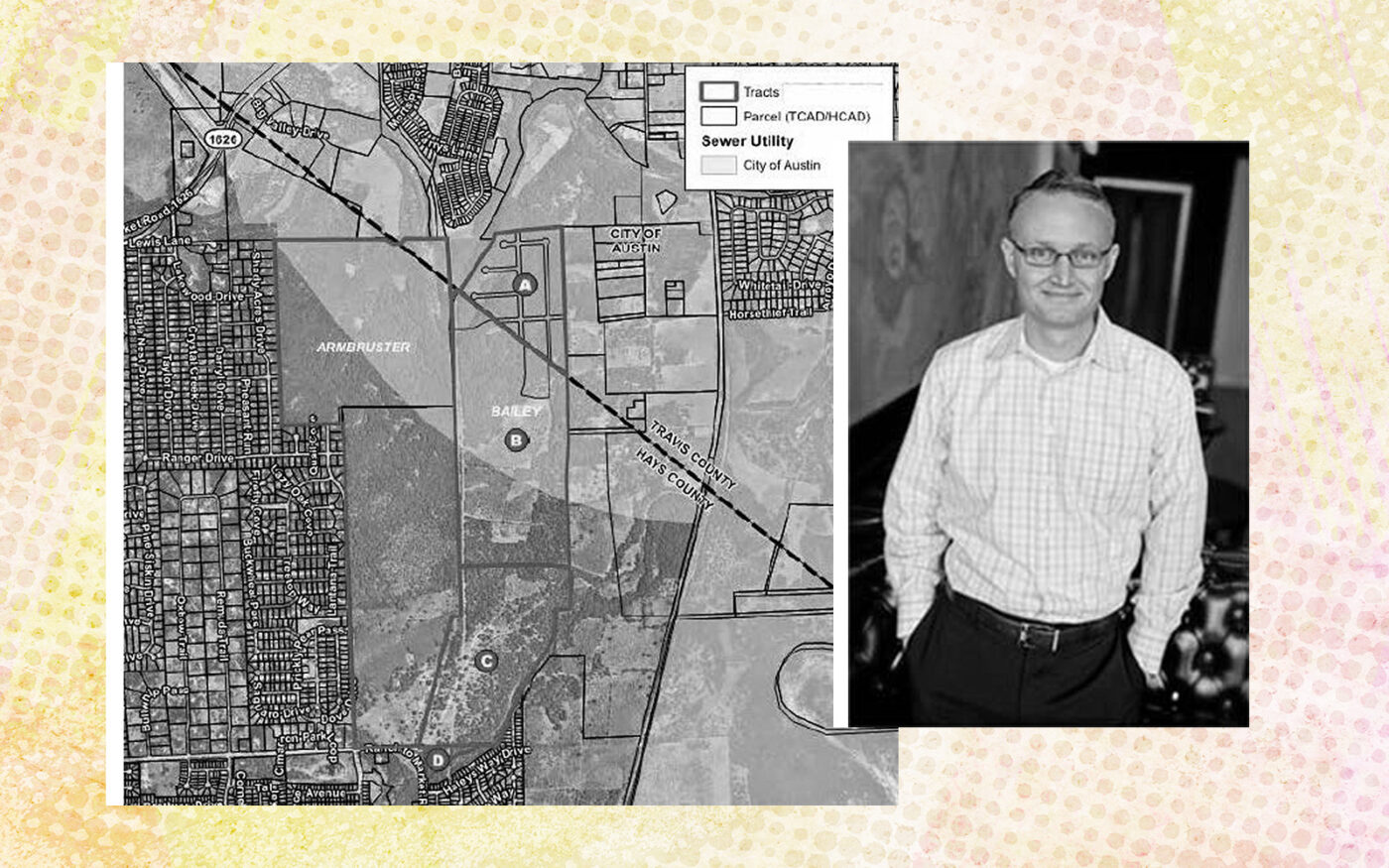MileStone Community Builders could reap the benefits of a recently passed state law in its launch of a subdivision south of Austin.
For the last six years, the Austin-based firm has been working with Buda officials to allow a residential development, dubbed Persimmon, on a 775-acre tract. Both sides are getting closer to reaching a deal, but if the stalemate prolongs, MileStone could take advantage of Senate Bill 2038, the Austin Business Journal reported.
The legislation, which takes effect Sept. 1, allows property owners to remove themselves from a city’s extraterritorial jurisdiction. Thus, MileStone could move forward with the project essentially on its own terms, since the development site is just outside Buda’s city limits, in an ETJ, where officials have some control.
“I think for a long time municipalities have taken for granted their ability to pretty much do whatever they want from a regulatory perspective,” MileStone CEO Garrett Martin told the outlet. “The pendulum has swung too far in the direction of those municipalities. I think that everyone observed that, and the legislature made a great change with this ETJ removal.”
In exchange for providing water and some utilities, the city has asked the developer for larger lot sizes, plus help with road construction and tree surveys to “create a project that preserves the best interests of Buda.” MileStone pushed back, saying such changes would make the proposed community economically unviable. Both sides continued to dispute the matter during an Aug. 1 city council meeting, while also holding out hope that an agreement could be reached.
The new legislation has huge implications on real estate between Austin and San Antonio, as many large developments in this region are in rural locations that overlap with unincorporated areas. Many developers have said they’ll only utilize this “de-annexation” tactic as a last resort, but Martin called it a “game-changer for how projects get developed.”
Opponents of the bill are worried that it will hinder a local government’s ability to effectively regulate land it might one day annex. Plus, municipalities often provide utilities for development in ETJs, and losing regulatory control over them could lead to disjointed developments, Buda City Manager Micah Grau said.
“Because counties don’t have zoning regulation, you can have undesirable uses right next to a residential area,” Grau told the outlet. “It really strips away a city’s ability to zone and control the built environment of what happens around a community.”
Another concern is that de-annexation will curb future tax revenue for cities.
—Quinn Donoghue
Read more



